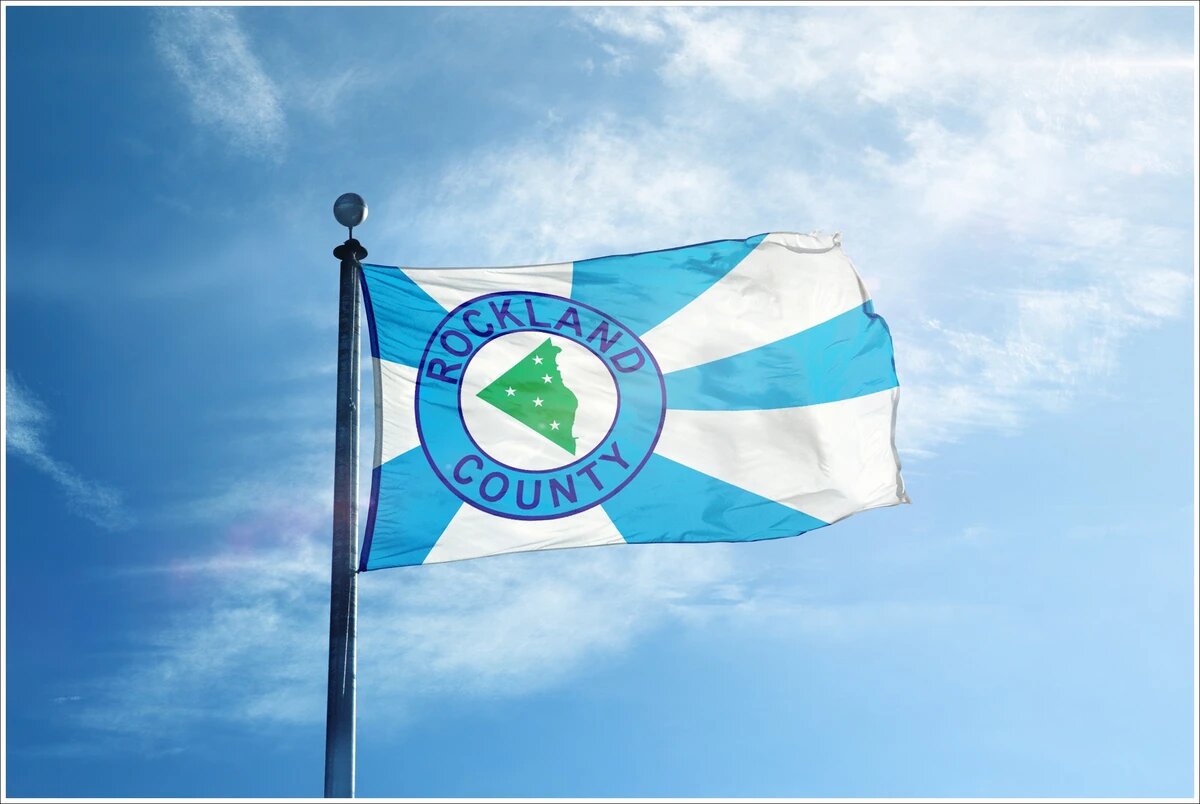October Is National Breast Cancer Awareness Month
Aside from nonmelanoma skin cancers, breast cancer is the most commonly diagnosed version of this deadly disease in the United States. With an expected diagnosis of over 315,000 new cases this year alone, chances are strong that breast cancer will touch most of our lives in some way. Thankfully, due to awareness, early detection, and modern treatments, the overall 5 year survival rate for breast cancer patients is 91.2% and even higher if detected when the cancer is still localized. The American Cancer Society lists the 5 year survival rate for localized cases at 99%, which highlights how important it is for people to be aware of the early signs of the disease and for women to go for regular mammograms. In order to raise this awareness, the month of October has been dedicated as National Breast Cancer Awareness month since 1985.
Having a mammogram performed regularly is undoubtedly the most effective tool in early detection of breast cancer. It is recommended that all women from the ages of 40- 74 undergo such testing every 2 years. This technology often allows for signs of cancer to be detected long before symptoms occur, greatly increasing the chances of survival.
It’s a simple test that is proven to save lives. Many of the estimated 42,250 deaths that breast cancer will cause this year could have been avoided with regular mammograms.
There are also physical symptoms that serve as warning signs that it might be time to see a doctor. If you notice any changes in your breasts or underarm area, it is best to see your healthcare provider right away. Some of the most common symptoms include lumps, knots, redness, darkening, swelling, dimpling or puckering of the skin. But again, if you notice any change in the shape or size of your breast, please seek medical attention as soon as possible to determine which follow up tests are needed.
It is also important to note that men can get breast cancer, too. While the instances of this type of cancer in males is less than 1% of all the cases that are diagnosed, it can and does still happen. Regardless of gender, anyone experiencing any of the symptoms detailed above should seek medical attention.
Breast cancer survival rates have been greatly improved across the last several decades through increased awareness, research, and improvements in new therapies and treatments, but fewer mammograms performed during the COVID pandemic are likely to prove to be a temporary setback. The most important takeaway is to remember that early detection and treatment are the best tools available to increase survival rates.
If you are a woman between the ages of 40-74, it is a proven fact that regular mammograms can save your life, and if you notice any change in the shape and feel of your breasts or underarm area, please get medical attention right away.


You must be logged in to post a comment Login